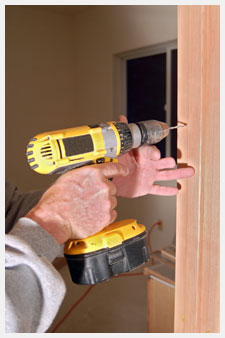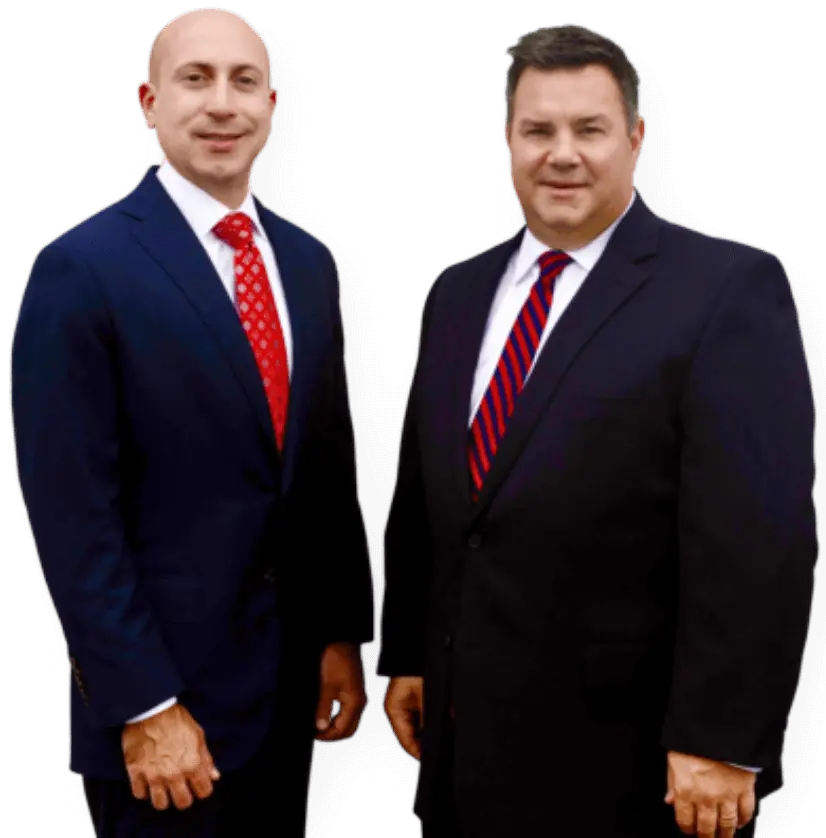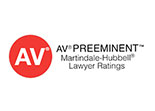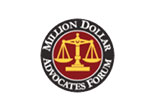
What Counts as Misrepresentation in Products Liability?
There is a fine line between misrepresentation and advertisement. For example, you might see a late night infomercial for something like the T-Rav 3000, a personal toasted ravioli maker. In the commercial, the machine looks clean and easy to use, and the ravioli are squares of golden brown perfection. However, when you buy it, you discover that it is actually very messy and the ravioli it makes are disgusting. But you probably won’t have a products liability case just based on the fact that it looked better on TV. Showing an idealized version of a product isn’t enough to be misrepresentation.
Most often, misrepresentation happens when a manufacturer negligently claims that a product is safer than it is, which gives you a false sense of security. In more extreme cases, this can be an outright lie or overstatement of a product’s abilities. For instance, the infomercial might have said that the T-Rav 3000 was completely dishwasher safe, but it melts the first time you try to wash it. Or the commercial might claim that you can make hundreds of toasted ravioli at a time, when in reality the machine overheats after the first dozen. In both of these cases, the manufacturer made obviously false statements about the product.
Some product liability cases involve much more subtle advertising tricks that present a situation that seems safe, but is actually dangerous. For example, the presenter in the commercial might be shown preparing the ravioli without ever wearing oven mitts, when in reality the machine gets extremely hot and you would be badly burned if you used it bare handed. Even though the commercial never said “safe to use without oven mitts”, the manufacturer could still be sued for misrepresentation because of misleading advertising images.
Even if a product is not defective, a manufacturer can still be liable for damages if they make false promises about what can or cannot be done with the item they are selling. Although advertisers are allowed to take certain liberties to sell a product, they are never allowed to compromise a customer’s safety by bending the truth, even by implication.
Our personal injury lawyers can help residents of Missouri and Illinois with product liability cases. Call our office today to schedule a free consultation. The information provided by Walton Telken, LLC in this Blog is not intended to be legal advice, but merely provides general information related to common legal issues. This Blog, and the information contained within it, is Attorney Advertisement. The choice of a lawyer is an important decision and should not be based solely upon advertisements. Past results afford no guarantee of future results. Every case is different and must be judged on its own merits.












